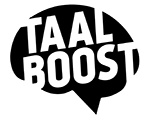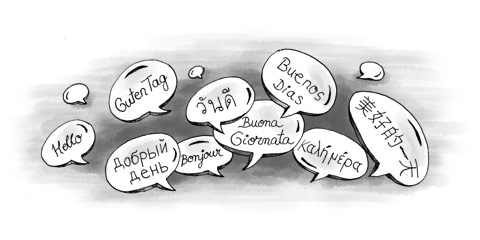If you can survive with just English in the Netherlands, does it make sense to learn Dutch? If you intend on living in the Netherlands or are planning on a serious career in a Dutch company, the simple answer is ‘yes’. The main reasons people highlight include:
- Making friends / building stronger social connections
- Being more comfortable in social and business situations where you don’t force a majority to speak in English for your sake
- Feeling more at home and connected to the local culture
Some people say that the only way to really understand the famously direct way the Dutch communicate is to understand the language itself.
Is Dutch hard to learn?
Most people agree that it sounds harder to learn than it really is. Native speakers of Germanic languages (including English) have a big headstart. For others, Dutch is generally considered to be one of the easier languages to learn and get some conversational fluency quite quickly.
There is a language school in Amsterdam called Koentact , which has an innovate approach to learning quickly which includes intensive courses and also field trips where students get out in real world situations to practice what they are learning.
Becoming perfectly fluent is another matter. Some native-speakers find it a challenge to not let the odd error slip in when writing! Some of the grammar is complicated and there are a few areas where there are a lot of exceptions to the rule.
The origins of Modern Dutch
The origins of Dutch as a distinct language is estimated by linguists to start about 700 AD. It belongs to the Germanic language family, but has absorbed many words and phrases from other languages; like Latin, German, French, English and others.
The Netherlands is a relatively small country with only 17 million inhabitants today, but throughout history the Dutch have always been merchants, travelling the world and seeking business opportunities, sometimes even colonising other countries. You can find Dutch spoken in places such as Surinam, China, the Antilles, Indonesia, South-Africa, and even some small towns in Brazil. In addition, it is spoken in the North half of Belgium. In parts of the Netherlands, some people also speak Frisian, which – although closely related to Dutch – is considered to be a distinct language.




